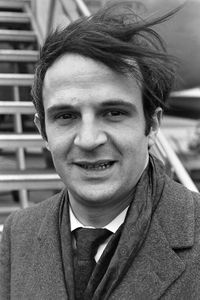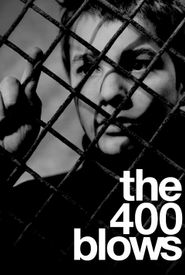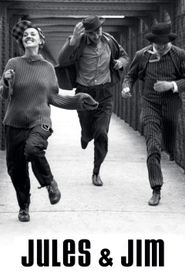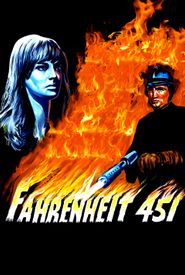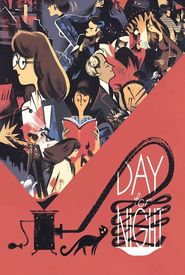French director François Truffaut's cinematic journey began at the tender age of seven, when he started frequenting the movies. As an avid reader, he found himself drawn to the world of cinema, despite not being a stellar pupil. At the age of 14, Truffaut left school and embarked on his professional path.
In 1947, at the age of 15, he founded a film club, which became a pivotal moment in his life. It was here that he met André Bazin, a renowned French critic who would go on to become his mentor and protector. Bazin's influence extended beyond Truffaut's early years, as he also helped the young filmmaker when he was imprisoned for deserting the army.
In 1953, Truffaut published his first film critiques in the esteemed magazine "Les Cahiers du Cinéma." This marked the beginning of his association with the "author policy," a cinematic ideology that emphasized the importance of the director's vision. Two years later, he directed his first short film, a test run for his future projects.
In 1954, Truffaut assisted the illustrious Roberto Rossellini on several abandoned projects, further honing his craft. The year 1957 proved to be a significant turning point in his life, as he married Madeleine Morgenstern, the daughter of a prominent film distributor, and founded his own production company, Les Films du Carrosse. This company was named after Jean Renoir's 1952 film, "The Golden Coach."
Truffaut's first full-length film, "The Mischief Makers," was released in 1957, marking the beginning of his directorial career. The same year, he also welcomed his first daughter, Laura Truffaut, into the world.
The year 1959 was a pivotal moment in Truffaut's life, as the massive success of his film "The 400 Blows" helped launch the French New Wave, a revolutionary movement that transformed the face of French cinema. This was also the year his second daughter, Eva Truffaut, was born.
Throughout the remainder of his life, Truffaut's personal and professional life became increasingly intertwined. He went on to have a third daughter, Josephine, with French actress Fanny Ardant in 1982. Truffaut's themes of passion, women, childhood, and faithfulness remained constant throughout his body of work, cementing his status as the most popular and successful French film director of all time.
